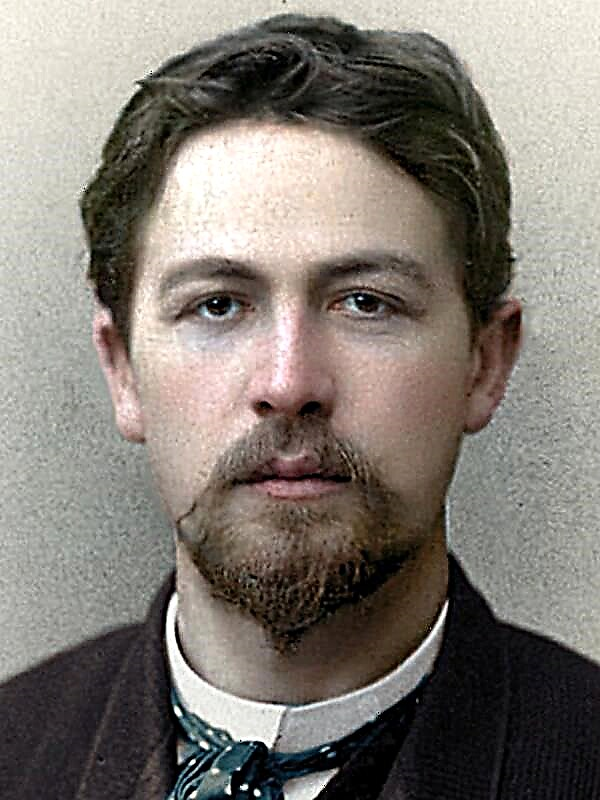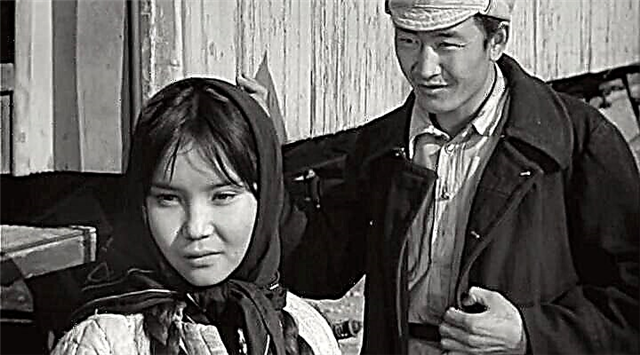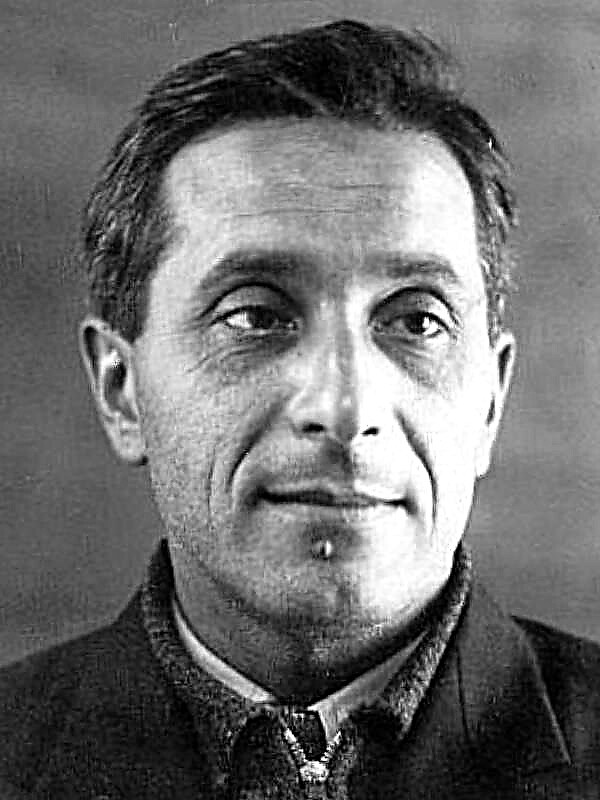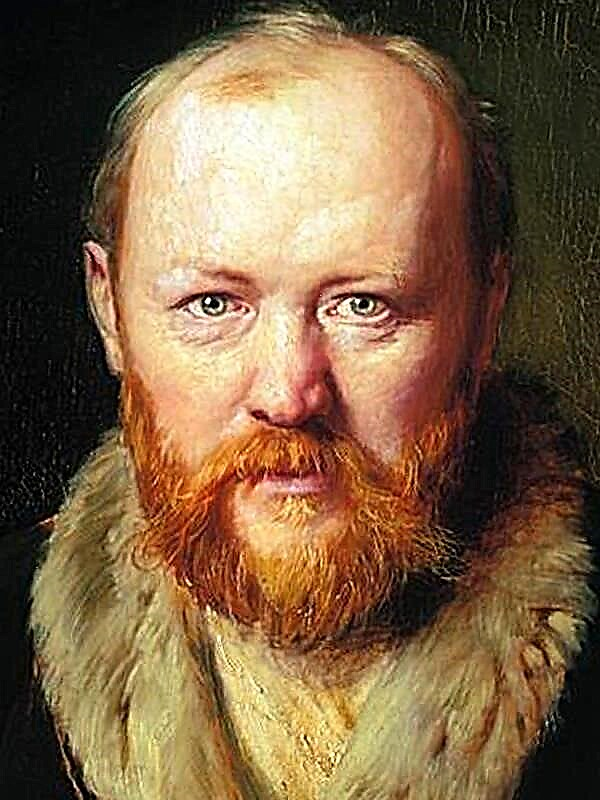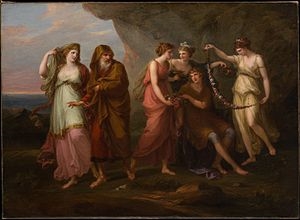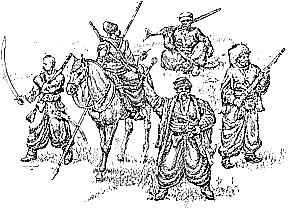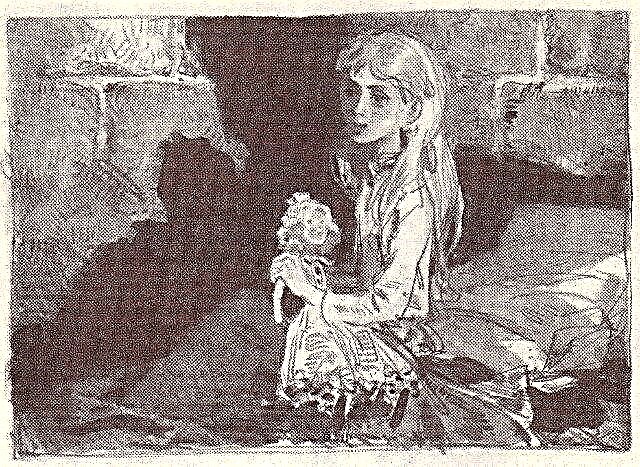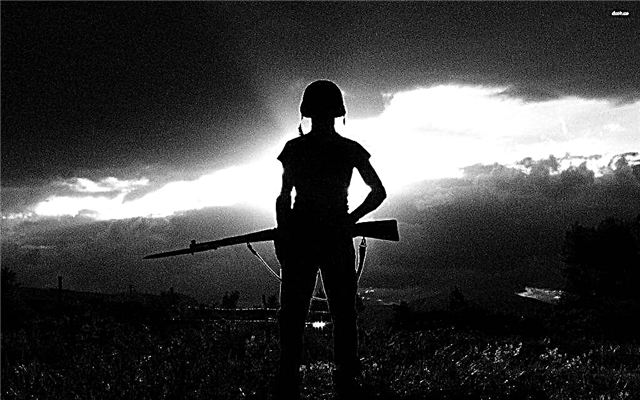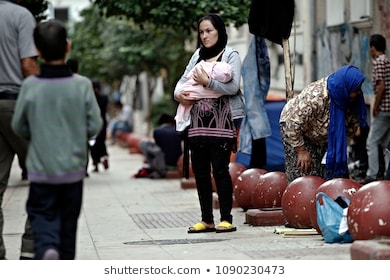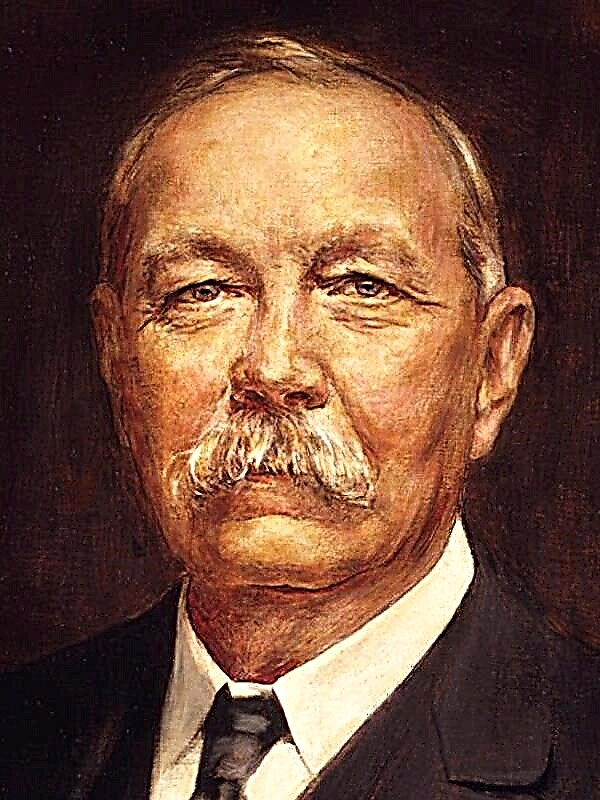In A. Ostrovsky’s drama The Storm, the theme of betrayal and fidelity is revealed with the help of several plans, since it was important for the author to show that the tragedy of the situation he described was not only at the everyday level. Therefore, it is important to analyze not only the main plot, but also the images of the characters, trying to understand their motivation and characters.
- Justifiable treason. Reflecting on devotion and betrayal, first of all, the reader immediately draws attention to Katerina, as she violates marital fidelity. Being married to Tikhon, the heroine never had strong feelings for him. But Boris, young, handsome, intelligent, seemed ideal to her, especially compared to her husband, and she fell in love, strongly and sincerely. And this love, although it was seen by the shy and very pious criminal Katerina, eventually won: after painful throwing, the girl succumbs to her and decides to betray. At least in her judgments, the mere thought of feelings for another man was identical with treason. But in fact, the acute desire for love in the heroine is closely intertwined with the dream of returning freedom lost after marriage, with a feeling of liberation from the weak-willed Tikhon, from the endless family oppression, from the unjust, tough and grouchy mother-in-law. It is not surprising that Katerina, who had not previously responded to the attention of her fans, falls in love with Boris, because in him she saw a man freer than the inhabitants of the “dark kingdom”. Thus, her betrayal can be justified, because she initially married not of her own free will, and the new family only put pressure on the woman, without becoming her home.
- Devotion to oneself and one's beliefs. Breaking marital fidelity, Katerina remains true to herself. Imprisoned in a chain of ignorant society, she does not call her soul stale, but still continues to dream about how she would fly if she were a bird. She is capable of deep and all-consuming feelings. The heroine almost at the beginning of the work already speaks of her death: “I’ll throw out the window, I will rush to the Volga. I don’t want to live here, I won’t do it, even though you cut me! ” And rightly so, Katerina does not agree to endure the suffocating, slavish way of life of society, which is firmly established in Kalinov. That is why she has a conflict with her mother-in-law, who is trying to accustom her to the lifestyle of the "dark kingdom", which seems to Kalinov residents to be the only correct one. Thus, the heroine's last choice is a proof of fidelity to her ideals and principles. If she accepted the cruel customs of Domostroi, this would mean betraying herself.
- Cheating on your word and beloved woman. The traitor in the play was Boris, the beloved of Katerina. The young man seems to be different from the inhabitants of the "dark kingdom", but is that so? The hero works for his tyrant uncle, who must leave him an inheritance, but Boris has no confidence, because he is not even paid. However, he tolerates and does not show any resistance, referring to the fact that he needs to take care of his sister. In the scene of Katerina’s last meeting with her lover, Boris tells her that he is a “free bird”, but leaves her for Siberia on behalf of his uncle and cannot take the poor girl with him. Interestingly, he said earlier that he loves Katerina more than life, but in a difficult period for the heroine, he escapes; when parting, he constantly repeats that he does not have time, and he has to go, although he sees that his beloved is suffering. Katerina immediately realized that he was leaving her, but she was not angry; her feelings are strong and sublime, but, unfortunately, Boris still betrays her.
- Loyalty to self harm. One of the reasons for Katerina’s unhappy life is the loyalty of the Kalinov citizens to their lifestyle. There is a place of tyranny, cruelty, slave labor, slander - in general, a place strangling, rotten. The older generation, represented by Kabanova and Dikim, oppresses the young in the person of Katerina, Boris and Barbara. Tikhon also gets - he is too weak and weak-willed to try to confront his mother. Kabanova throughout the work put pressure on her son and his wife, instructed them, indicated what kind of relationship should be between the spouses. But she did this not only from her whims - Kabanova firmly believes in what she says. She herself was brought up in this way and believes that such a way of life should remain. Ignorance, rudeness and oppression reign in the city of Kalinov, but many residents are sure that it should be so, and contribute to the preservation of the "dark kingdom". Unfortunately, loyalty to one’s convictions is not always a positive quality, because time goes on, the world changes, and everyone should develop, and not stand on one principle that has been refuted by life itself over the years.
- Loyalty to oneself to the detriment. In the drama N.A. Ostrovsky is another hero who remains true to himself. This is Tikhon Kabanov. He lives in the "kingdom of tyrants" and understands this, but does not make any attempts to change anything. He learned to survive in such a society, and if he feels that he has no more strength to endure, then he will go for a drink with his acquaintances, and then continue to live as he did before. Tikhon does not re-read his mother; there is even a scene in the play that is humiliating for him and Katerina when Kabanova tells him that he must tell his wife what he should give her instructions before leaving. And he dutifully repeats everything after her. At the end of the work, when Katerina was found drowned, Tikhon throws herself at her mother and accuses her of her wife’s death, to which Kabanova replies that she will talk to him at home. It is unlikely that the hero’s accusatory phrases mean that he has changed: the final remark belongs to Tikhon, but it is clear that he pities himself only: “Good for you, Katya! But why did I stay to live in the world and suffer. ”
- Fidelity to your beliefs. The mechanic Kuligin also coexists with the Kabanovs and the Wilds, but at heart he remains a staunch supporter of progress and enlightenment. He is a warrior alone in the field, and yet he is trying to change the life of the city, to introduce new trends and discoveries of science into it. He is not afraid to rebuke the powerful of this world and says that a thunderstorm is just electricity, and not Ilya the prophet on a chariot. The hero understands that no one supports him, and the townsfolk do not need changes, and yet he does not betray himself, but follows his thorny path to help society begin to develop.
Thus, the conflict in the play "Thunderstorm" is a conflict of different times and generations. The tragedy lies in the fact that young people do not want and can no longer live the way their elders teach, as prescribed in Domostroy, but they will not be able to live “in a new way” either: the old laws are too strong, too strong the beliefs of their defenders are too heavy oppressed. It is interesting that in a work such concepts as fidelity and treason, which usually have a definite connotation, acquire a double meaning: treason is not always from sinful thoughts, fidelity to oneself is not always evidence of a persistent character.

